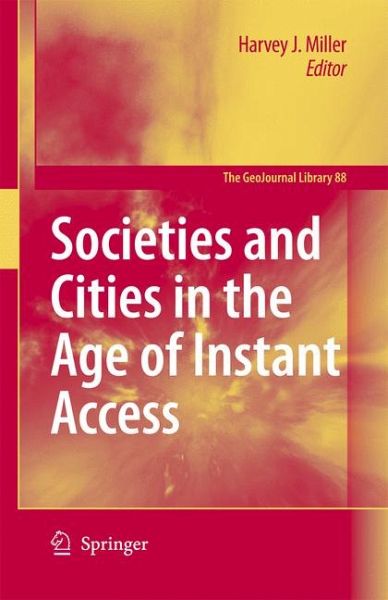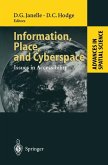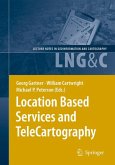We are on the verge of what many are calling the "second information revolution," based on ubiquitous access to both computing and information. Handheld communication devices will become portable and even wearable remote control devices for both the social and physical worlds. At the same time, access to information will likely flourish, with an explosion in the volumes of data collected and distributed by these new devices-volumes of information about people delivered to more and more people, in new ways. The technologies of instant access have potential to transform dramatically our lives, cities, societies and economies much like the railroad, telephone, automobile and Internet changed our world in the previous ages.
This book contains chapters by leading international experts who discuss issues surrounding the impact of instant access on cities, daily lives, transportation, privacy, social and economic networks, community and education.
This book contains chapters by leading international experts who discuss issues surrounding the impact of instant access on cities, daily lives, transportation, privacy, social and economic networks, community and education.
Dieser Download kann aus rechtlichen Gründen nur mit Rechnungsadresse in A, B, BG, CY, CZ, D, DK, EW, E, FIN, F, GR, HR, H, IRL, I, LT, L, LR, M, NL, PL, P, R, S, SLO, SK ausgeliefert werden.
"Societies and Cities in the Age of Instant Access provides a timely, broad, and richly detailed look at today's most important driving forces in the development and evolution of city life -- the advent of online and mobile information and communication technologies, and the widespread availability of access devices. Just as the railroad, automobile, the elevator transformed the shape of cities and the ways people conduct their urban lives in the 19th and 20th centuries, the Internet and the mobile telephone are driving far more rapid changes in the 21st century." Howard Rheingold









